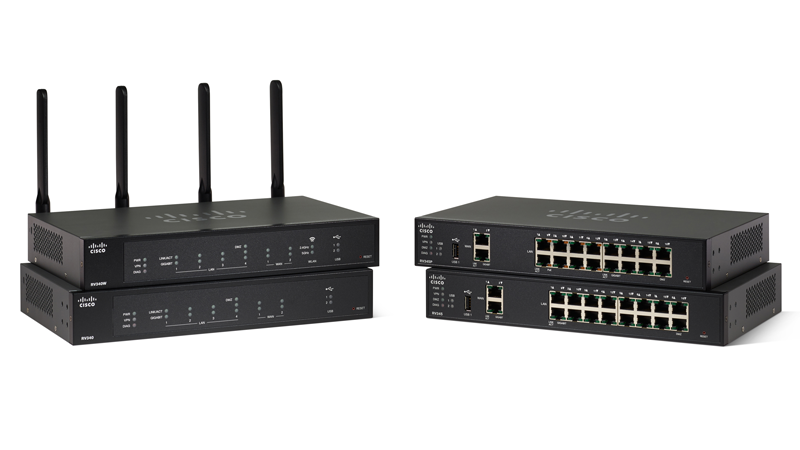How do businesses use routers?
Routers manage all kinds of business communications, from data and voice to video and Wi-Fi access. How routers can help:
- Sharing business applications
Routers can help you share business applications with workers, even those in different locations, so that everyone has equal access to critical tools and can improve their productivity. Routers can also provide access to advanced applications and enable useful business services, such as IP voice and videoconferencing.
- Improving access to information
Workers need fast access to information so they can make better decisions. Routers help provide access, so workers have visibility into business data.
- Enhancing customer service
Today“s customers expect fast responses to their questions as well as personalized service. To meet these demands, businesses need responsive and reliable networks, which routers can provide.
Routing technology can positively impact your business“s bottom line–for example, saving money by using shared printers and servers that can be accessed by everyone on the network. With routers and a reliable network, you can grow your small business infrastructure without constantly replacing technology.
Types of routers:
Wired and wireless routers
These routers are mostly used in homes and small offices. Wired routers share data over cables and create wired local area networks (LANs), while wireless routers use antennas to share data and create wireless local area networks (WLANs).
This is a wired or wireless router that distributes data packets between one or more networks but not within a network. As their name indicates, edge routers are placed at the edge or boundary of networks, and typically connect to Internet service providers (ISPs) or other organizations“ networks. Their job is to keep your network communicating smoothly with other networks.
These wired or wireless routers distribute data packets within networks, but not between multiple networks. They“re designed to become the backbone of your network and do the heavy lifting of data transfer, which is why they“re usually high-performance.
Unlike physical routers, virtual routers are pieces of software that allow computers and servers to operate like routers. They“ll share data packets just as physical routers do. They can offer more flexibility than physical devices since they can be scaled as the business grows; they can also help get remote offices up and running on your network more quickly.
Shop for routers
